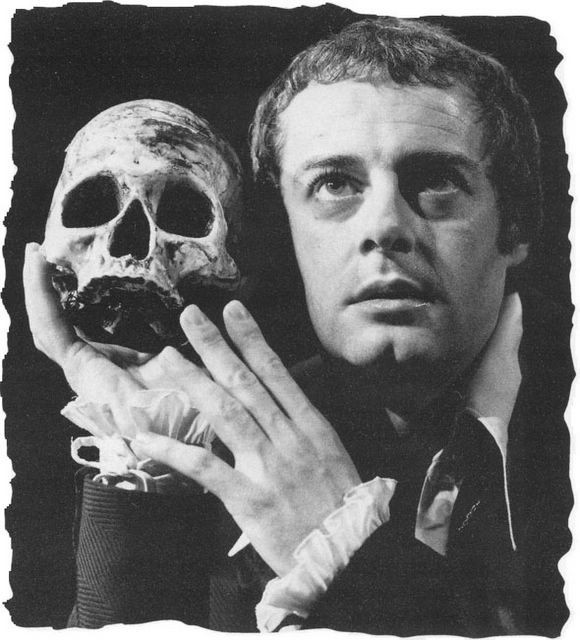While searching for an accurate picture of Hamlet on Google, I realized that every photo of Hamlet included a skull. We read the scene in the graveyard where Hamlets mopes about the futility of life when he holds the skull of someone who helped raise him. When I read his speech I figured it was just Hamlet being Hamlet and didn't find any revealing insight into Hamlet's thought. But after looking at all of these different portrayals of him, I would say this scene could be the epitome of Hamlet's attitude and outlook on life. He acknowledges that everyone will die and his argument of futility becomes more depressing from there.
Thursday, November 14, 2013
Subscribe to:
Post Comments (Atom)





4 comments:
I was actually looking up pop-culture references to Hamlet and the skull scene is frequently adapted, referenced, ect. I kind of freaked out when I found out that Hamlet picking up the skull is referenced in The Empire Strikes Back (Star Wars Episode 5). It's the scene when Chewbacca tries to put C-3PO's body back together while in Cloud City. Apparently, the way Chewbacca holds C-3PO's head is similar to the way Hamlet holds Yorick's skull, which was the intention of the director. I've seen this film several times, and even after reading Hamlet, I probably would have never picked up on this reference. I love it when directors get all sneaky.
I didn't realize it was an important scene either, Kincy. We've all obviously heard the famous "to be or not to be" so when I read that soliloquy I immediately knew it was an important one. The skull scene isn't as publicly known I guess, but it is surely important if the majority Hamlet images on the internet are of him holding a skull. I really loved how Hamlet made a connection between Alexander the Great dying and how his body might be used for a mundane purpose such as plugging up a hole in a barrel of wine. From that theory and the one about the worms eating humans after they die in the scene, I interpreted that we are all subject to the same punishment when we die. Whether we are Alexander the Great or a peasant, we are all still eaten by worms just as we are all still subject to God's divine justice.
I figured it was important because we've seen it before. In The Tin Drum, Oskar (on one of his many imaginative tangents) compares himself to Yorick, saying that he will allow Lawrence Olivier to muse over his head. Why he says this, I don't really know--I still don't get that book--but apparently Grass thought the scene was worth mentioning.
I find the scene very interesting. It really shows how Hamlet feels and thinks. It's clear that this is Hamlet speaking and not some mad disguise. Earlier, we saw him contemplate suicide in his "to be or not to be" soliloquy. Now he seems to have more of a definite opinion about death rather than contemplating different possibilities.
Post a Comment